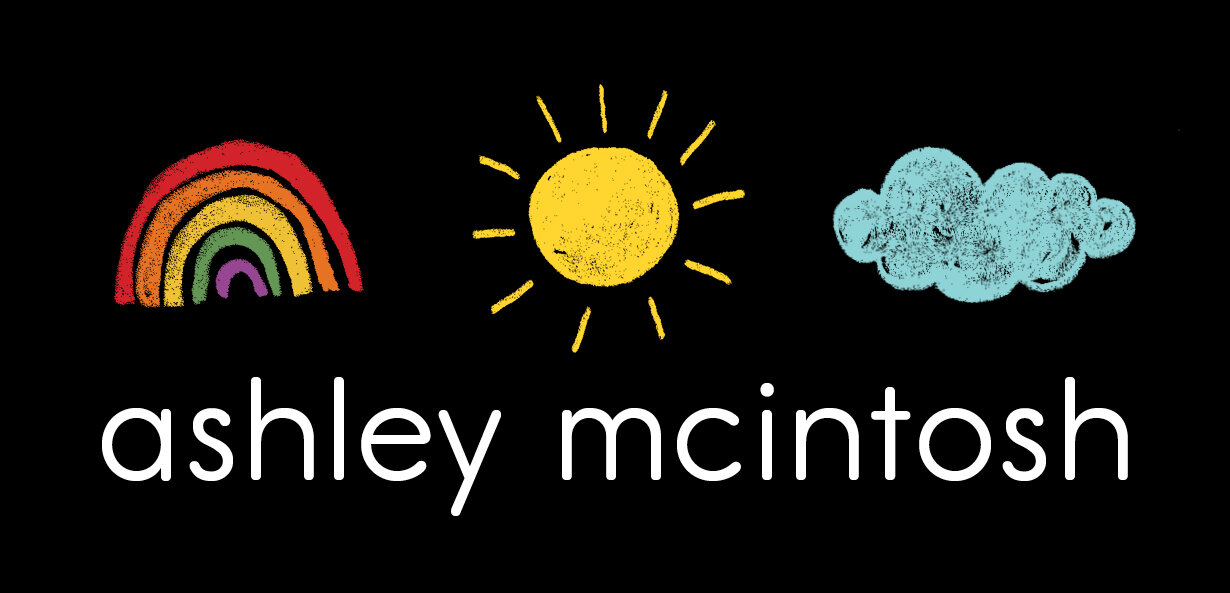To me, becoming an adult means learning to be a parent to yourself. It means that when distressed about something, your first instinct is not to immediately pick up the phone and call someone to tell, rather it is to sit in your present feelings, comfort yourself, and allow solutions to emerge before asking for help from others. It means loving yourself, not by saying,“I love myself because I am good at what I do”, “…because I am a good friend.”, “…because I get things done.”, but rather by continuously checking in with yourself to ensure you are supported physically, mentally, and emotionally just like you would with your child or pet. And, just like you would with your child or pet, it means being firm when required.
On Wednesdays, for example, when my daughter pleads with me to miss her swimming lesson, I recognize her fatigue and hunger, ensure she has a moment in the car to rest and have a snack, and then let her know that she is going to her swimming lesson; she will thank me in the summer when she is able to confidently swim out to the dock at her favourite lake. There are times in our lives when, even though we had previously decided something to be important to us, we want to drop out, quit, or just miss one. It is during these times that parenting yourself doesn’t just mean comforting yourself through your difficult emotions. During these times, your self-parenting must also remain steadfast, while you lovingly and firmly lead yourself back to your original plan.
For years, while in disordered eating recovery, I loathed the concept of willpower. The dieting world had told me that the reason I “failed” to stay on my diets was because I lacked willpower. But they had the definition of willpower completely wrong. You see, they wanted me to use my will to follow someone else’s rules, someone else’s way of eating. The real definition of willpower is using the strength of your will to follow your own rules.
When you discover your values, the things in life that are truly important to you, like honesty, integrity, generosity, nature, and kindness, then you determine your life’s path. At times, it will be easy to stay on your path; to be honest and kind, for example. Other times, when challenged to your core, you may be tempted to stray from your path and act in ways that aren’t true to who you really are. It is in those times that your willpower is needed to get you back onto your path and to align your actions with your values.
Self-parenting allows you to have a dialogue with yourself that is loving and resolute, “Look bud, I know that you are feeling tired and defeated right now. I know you feel like giving up. Let’s sit in that feeling for a bit. And when we’re done, I believe it is in your best interest to get up and get back on track. Just think of what your future will look like if you stay with what is important to you. This is what your heart wants. Let’s do it.”.
Falling off your path is in fact part of the path. No path has a straight line. So, when you are veering off track from your values, which you inevitably will, approach yourself with kindness. It is in the falling off track and encouraging yourself back on, where the learning lies. It is where you develop the muscle to return. The more you return, the stronger that muscle gets. And over time, the return becomes easier and faster. Over time, you become more connected with your heart and the path it innately has for you and your life.

